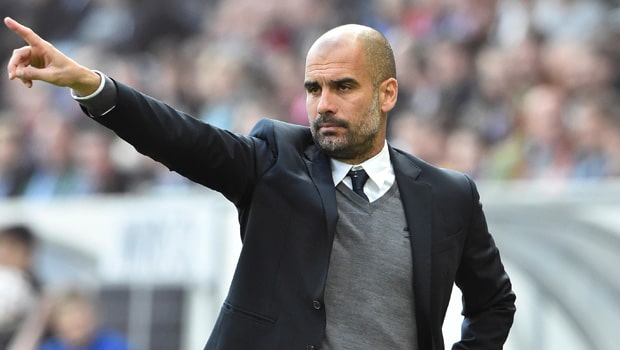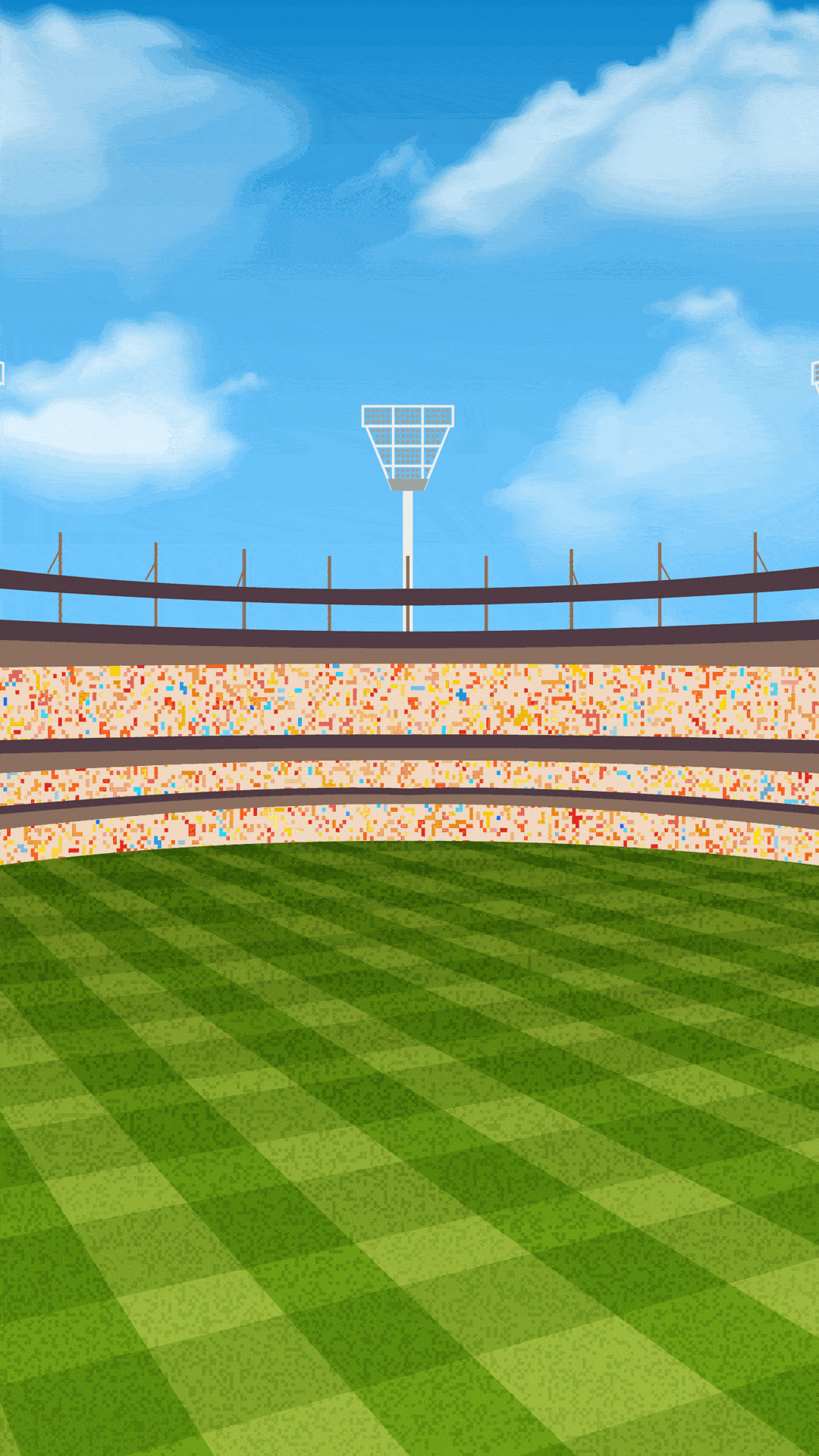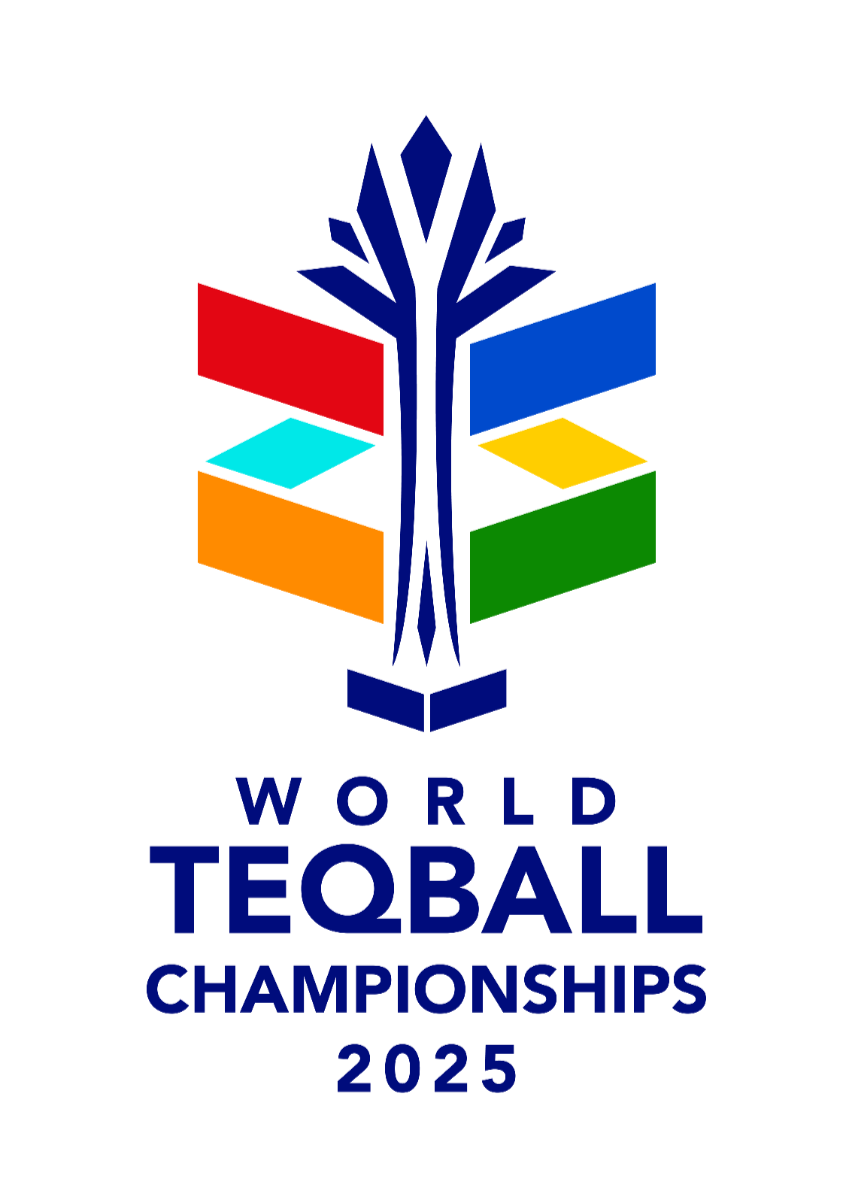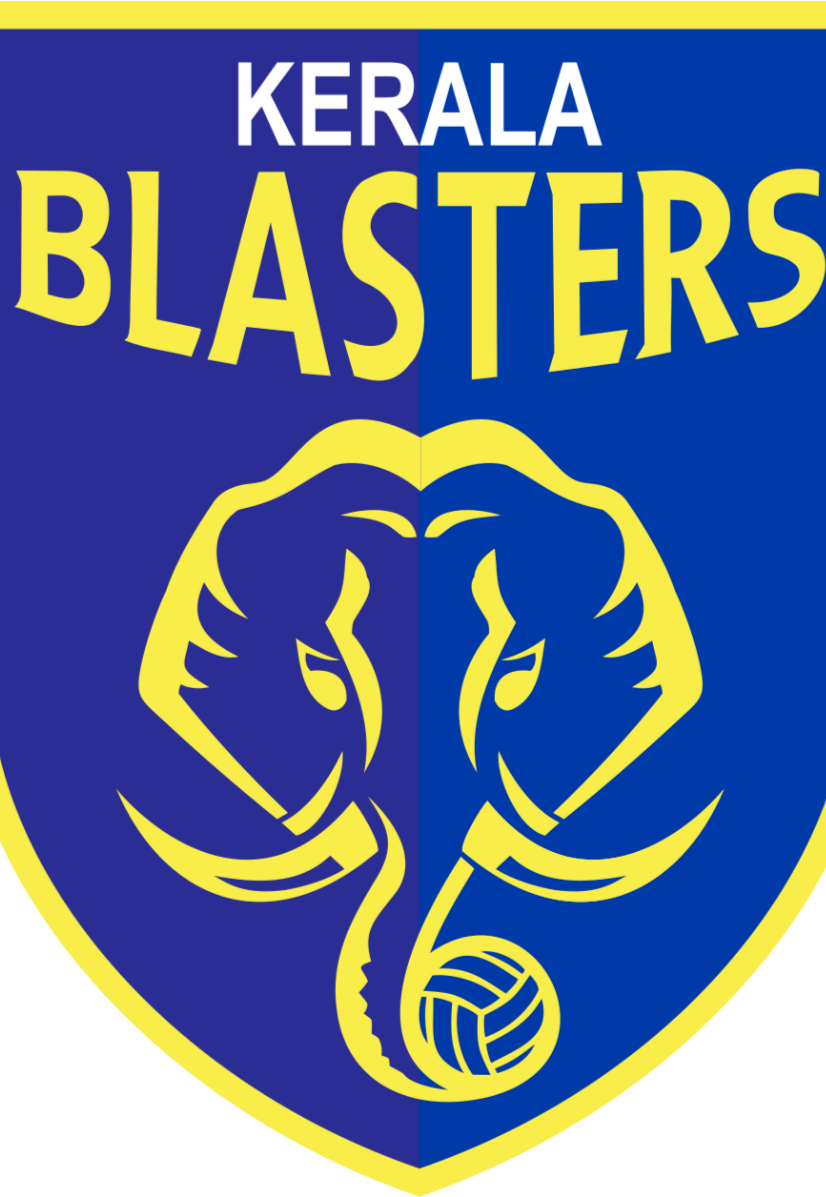After a season that delivered none of the silverware Manchester City fans have come to expect, Pep Guardiola is entering a reflective but ambitious phase. With the Club World Cup just around the corner, the City boss has opened up about his coaching mindset, the long-lasting impact of his mentor Johan Cruyff, and the quiet process of reforming a team still rich in talent but in need of a fresh spark.
For Guardiola, success isn’t about chest-pounding predictions or pre-season proclamations. Instead, he believes in letting tournaments unfold before passing judgment. When asked about City’s chances in the revamped Club World Cup, Pep kept it grounded: “We’ll see how we arrive in that tournament all together, and after, we see what happens.”
His philosophy is based on observation, rhythm, and progression—an approach that has served him well over the years. “I don’t start competitions thinking, ‘We have to win,’” he said. “Step by step, we try to play better than the season before.”
That cautious tone comes after a campaign that saw City lose their Premier League crown, crash out of the Champions League, and fall short in the FA Cup final. It’s unfamiliar territory for a manager used to lifting multiple trophies each year.
City’s squad heading to the United States reflects this reset. Key signings like Tijjani Reijnders, Rayan Cherki, and Rayan Ait-Nouri signal a new direction. At the same time, veterans like Jack Grealish and Kyle Walker have been left out of the squad, marking a possible end to their time at the club.
The Club World Cup offers a unique blend of competition—from North Africa’s Wydad to Asia’s Al Ain and Italy’s Juventus—and will serve as both a test and a temperature check for City’s new direction.
Guardiola has never shied away from giving credit where it’s due. And when he speaks about the biggest influence in his career, Johan Cruyff’s name always comes up.
Without Cruyff, he says, his evolution from a thoughtful midfielder to a visionary coach might never have happened. “I’m pretty sure without the influence of Johan Cruyff, how difficult it would’ve been to become a manager,” Guardiola reflected.
Cruyff’s philosophy didn’t just shape Guardiola’s playing days at Barcelona—it planted the seeds for his tactical identity. From positional play to the importance of fluid movement, much of what we associate with “Pep’s football” can be traced back to the Dutch master’s ideology.
But Guardiola doesn’t buy into the myth of the lone genius. “People say one manager developed a player better than another. That’s not true,” he explained. “The team and ecosystem you create is what raises the player’s level. Few can do it alone. The rest need the structure.”
That team-centered view of development is central to Guardiola’s approach today. Whether it’s building synergy among new signings or adapting to unfamiliar opposition in a global tournament, he sees football as a collective journey.


























